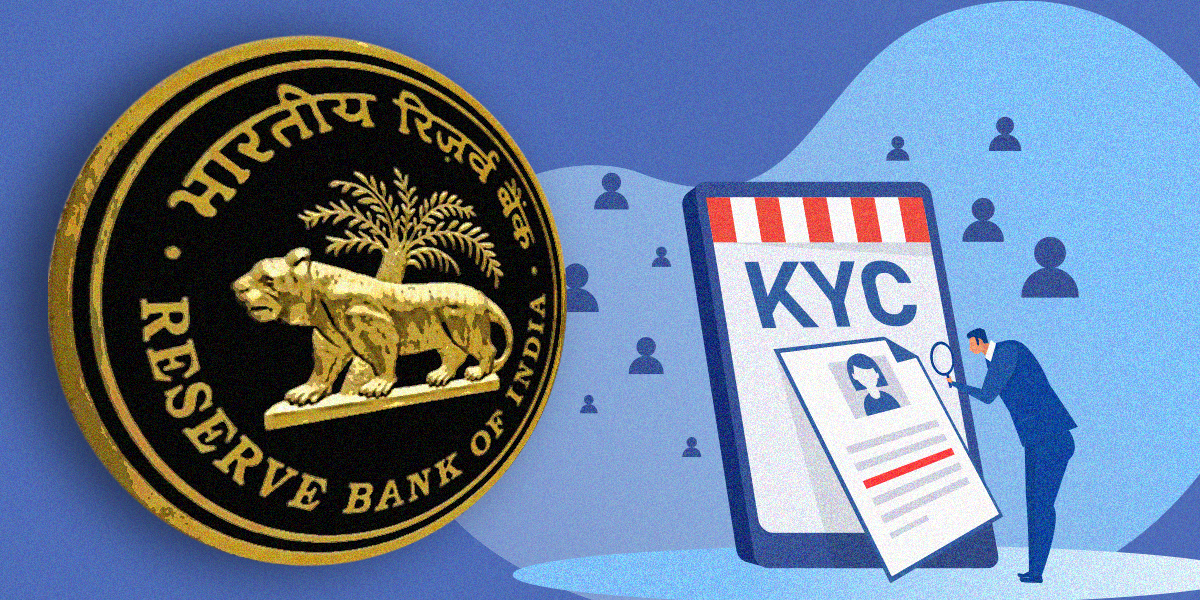E-wallet company Paytm has been planning to hire 10,000 people and open one lakh branches across the country to make it easy for its customers to complete their Know Your Customer (KYC) norms.
The mobile wallet provider company announced the investment of $ 500 million over the next three years to achieve its KYC norms target, reported TOI. Paytm which is converting itself into a payment bank, said the Reserve Bank of India (RBI) in its recent guidelines for prepaid payment instruments or mobile wallets put standalone mobile wallets at a disadvantage with its strict KYC norms and additional regulatory requirements.
Renu Satti, CEO of Paytm Payments Bank said that in order to achieve more KYC customers they will hire 10,000 more people in addition to 10000 people already working on the project. “We will open 10,000 banking outlets where customers can come in for bio-metric authentication and other basic banking facilities as well,” Satti said.
Also Read: Paytm founder Vijay Shekhar Sharma talks about new KYC norms and Interoperability
Each outlet of banking would be a combination of a mini-branch with two or three people and a network of business correspondents who will undertake basic banking activities and complete KYC formalities for the company’s customers, she added.
The previous week, RBI came out with a new guideline that KYC will now be for mobile wallet users and increased net-worth requirements for companies to apply for a Prepaid Payment Instrument (PPI) licence while this has been done to enhance the digital wallet business.
Paytm CEO said that the customer will get a minimum 4% interest on the balance money in their account while the new guideline has put standalone wallets at a trouble as they cannot give interest on wallets balances.
“With the help of the RBI’s provision by transferring funds between the Paytm Bank account and the Paytm wallet, it will be easy and convenient for the company to transfer money into the customer’s wallet while the others standalone digital wallets though will have to go through the trouble of the Merchant Discount Rate (MDR) while transferring the money into their customer’s wallet,” Satti said.
RBI KYC guidelines
In October 2017, RBI, came up with new guidelines wherein RBI directed companies and banks to make KYC complaint PPIs- mobile wallets, interoperable within the next 6 months.
Under this new guidelines, all the PPIs will now be interoperable, that means it will allow transactions with each other and the new guidelines also mean that these companies have to maintain stricter compliance to reduce frauds in digital payments. This new regulatory guideline will change the scope of operations for mobile wallets.
The RBI said that minimum KYC wallets cannot exceed more than Rs 10,000 and this can be allowed only for the purchase of goods and services and not for remittances to other wallets or bank accounts. These wallets have a limit of Rs 1 lakh and all facilities for fund transfer will be allowed, According to the early report.
“PPI cannot exceed more than Rs 50,000 every month and the issuers cannot pay interest on the PPI balances”, said the RBI on October 12. If an issuer wants to increase their limit of PPI to up to Rs 1 lakh then they have to do KYC check of the instrument holder.













